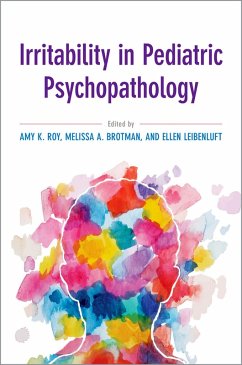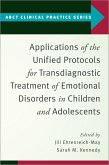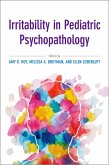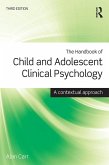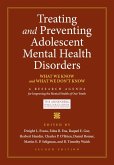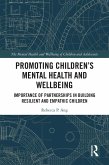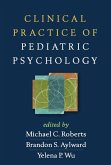Pediatric irritability, defined as increased proneness to anger relative to peers, is among the most common reasons for mental health referrals. The past fifteen years have witnessed a dramatic rise in the empirical study of pediatric irritability with the goal of developing more effective methods of assessing and treating these impaired youth.
Irritability in Pediatric Psychopathology offers a comprehensive overview of this work, approaching the topic from multiple perspectives and disciplines including child psychiatry, clinical psychology, developmental psychology, and neuroscience. Offering five sections composed of chapters written by international experts, the book begins be defining pediatric irritability, reviewing its prevalence, current assessment methods, and novel behavioral and psychophysiological indicators. The second section reviews the literature on the development of pediatric irritability from preschool age through adolescence and young adulthood. The third section summarizes the current evidence for genetic and neurobiological factors contributing to pediatric irritability, while the fourth reviews its presentation transdiagnostically across mood and anxiety disorders, disruptive behavior disorders, and autism. Finally, the book concludes with a presentation of evidence-based psychological and pharmacological interventions.
Irritability in Pediatric Psychopathology is an essential resource for researchers, clinicians, and trainees working with children and adolescents.
Dieser Download kann aus rechtlichen Gründen nur mit Rechnungsadresse in A, B, BG, CY, CZ, D, DK, EW, E, FIN, F, GR, HR, H, IRL, I, LT, L, LR, M, NL, PL, P, R, S, SLO, SK ausgeliefert werden.

